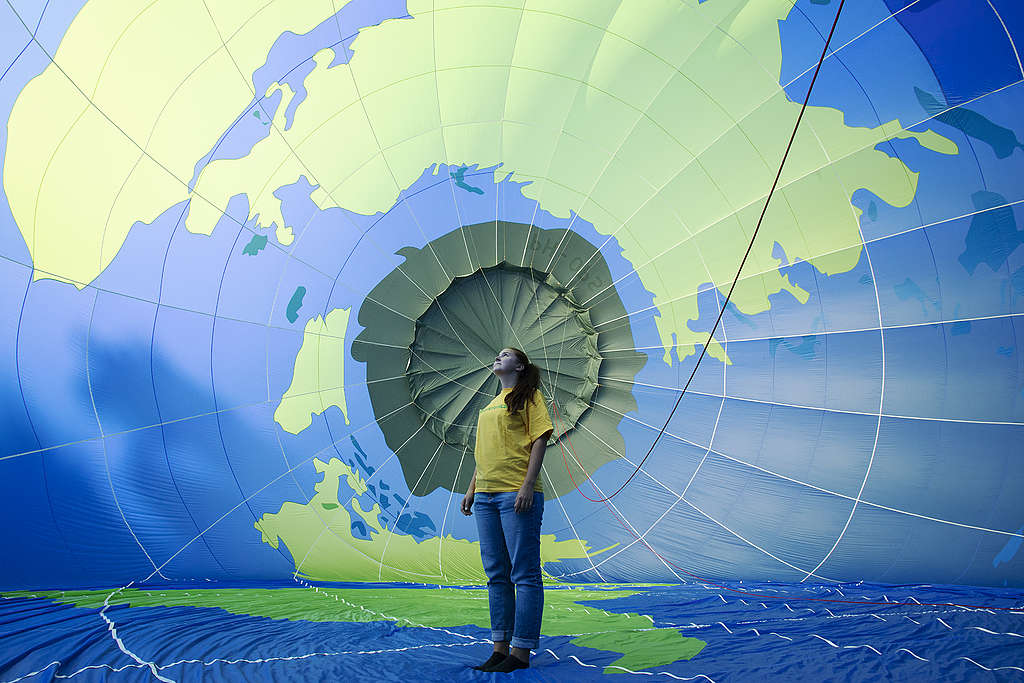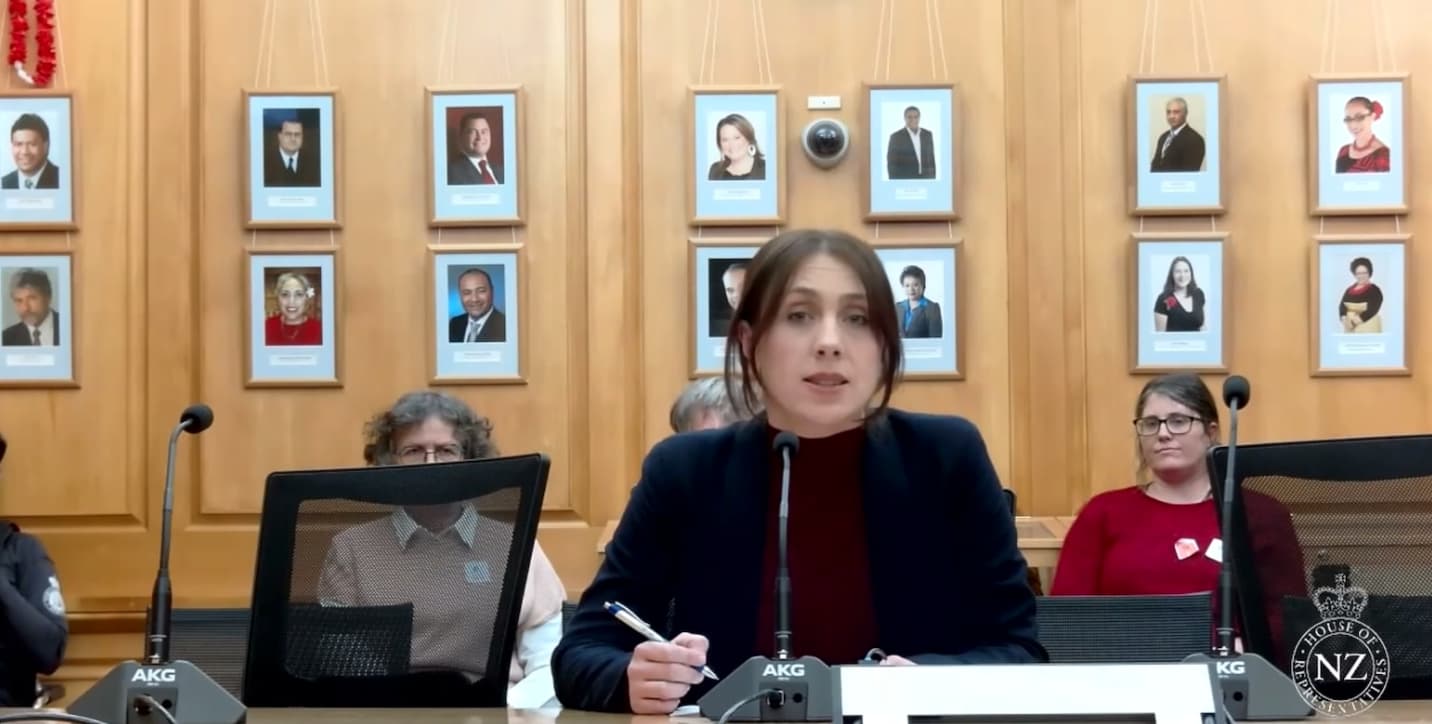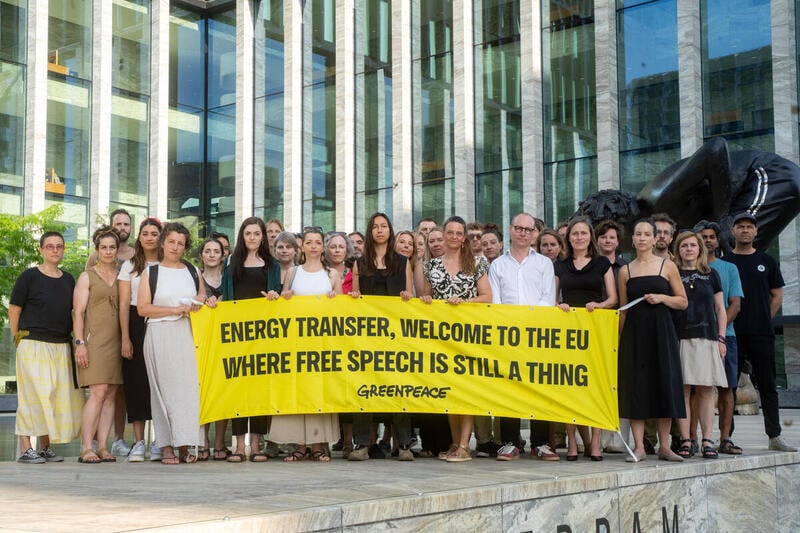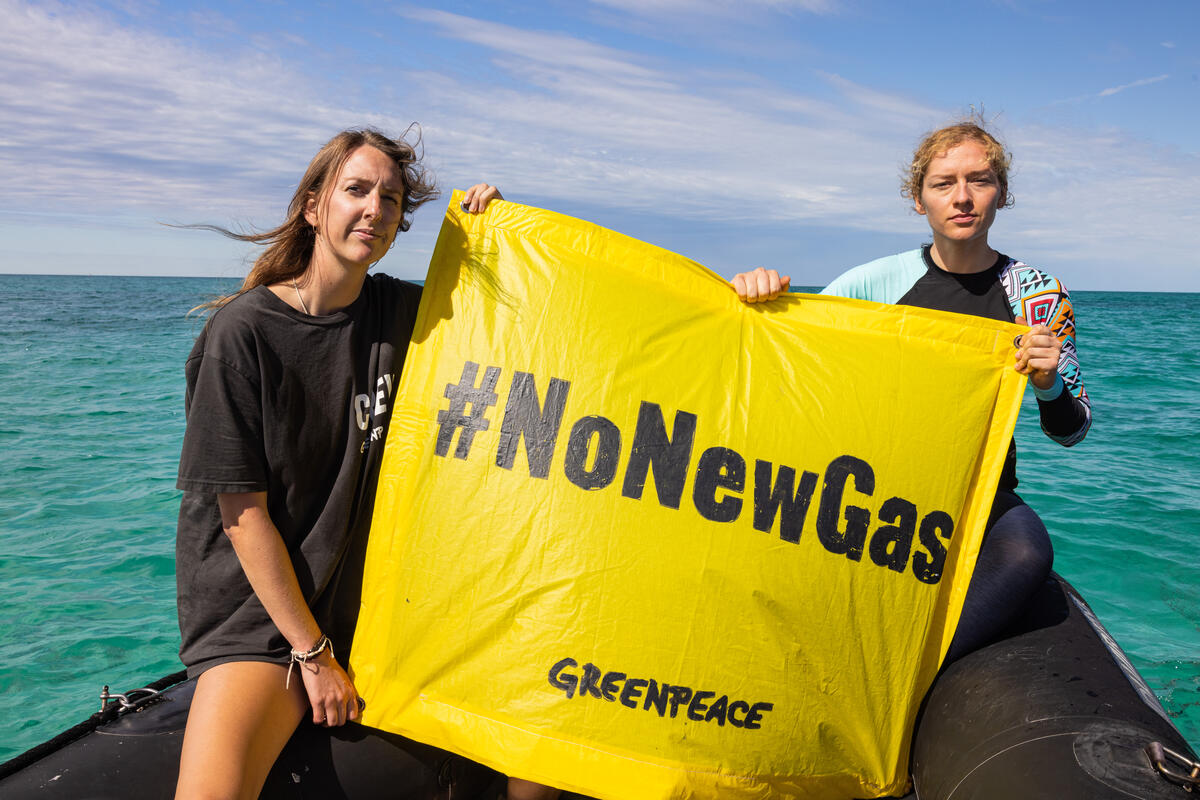How do you stay hopeful in a climate crisis?
Last week I attended a screening of a great new short documentary telling two stories of community power projects.
Produced by climate action group 350 Aotearoa, the film talked with people about how they had set up their power generation projects and what the benefits were. It demonstrated all the cascading positives that came from one project.
Design by Huriana Kopeke-Te Aho
By taking control over their electricity supplies the two communities gained a whole lot of follow-on benefits in terms of health, employment and savings. The two projects also networked people together in their local areas.
Staying positive > climate anxiety
After the screening, Emily from Climate Club asked me in conversation – ‘what do you do to keep positive?’ This is a relatively common question these days.
For context last month, July 2023, was the hottest month for recorded global surface temperatures since 1880.
Climate Club itself does a great job of keeping us all with a positive mindset with a newsletter providing easy weekly actions, but – this is a short personal response!
One – real life events
Real life events are inspiring. Attending the 350 film screening event was a chance to see a heartwarming film with a clear call to action. We listened to a panel discussion with people who know about the issue, ranging from the electricity system to degrowth economics. And it was a chance to meet people who are involved in similar projects and interests.
For example, I caught up with Sophora, who talked about her job turning organic material from 50,000 people at Eden Park into valuable compost.
Two – mind food
I like reading but I also procrastinate getting through books. So I listen to a bunch of podcasts, some for fun and some to inspire.
Recently I discovered Why we organise, a podcast powered by Roots, an international Greenpeace project for young people. It profiles people around the world who are organising their networks to make change. This interview with activist Seb Alex talks about looking after both people and animals after the explosion in Beirut, Lebanon three years ago.
Earlier this year I got into how economics can have good outcomes for the environment in the System Shift podcast, from Greenpeace Nordic. It presents simple solutions like a universal basic income and a 4 day working week which could lead to so many cascading benefits.
Personally I like hearing about surprising events and connections in our histories. It inspires me to find out more of the real stories that happened, not just the famous ones, and that we can change history as we go. For example, this Cool people who did cool stuff episode tells the story of the People’s Olympics in 1936 held as an alternative for athletes who didn’t want to support the Nazi Olympics.
Three – mind food in words and pictures
One book – a lot of people have recommended Braiding Sweetgrass, and now I also recommend it! It tells stories that combine the author’s ecologist learning with her indigenous worldview. Each chapter has an insight into native American ways of living that could help us all connect again with natural systems living in the modern world.
Alright, a second book – I’m currently reading a novel printed in a cool broadsheet style, like a newspaper with illustrations, which somehow makes it easier to read. It’s Murdoch Stephens’ 2020 Rat King Landlord which is a bit of fun but really serious about the housing crisis. It’s allied with a real campaign by Renters United to make renting in New Zealand better for everyone. I got a free copy which was made possible by crowdfunded donations by future readers.
Four – getting up in the morning in a climate crisis
Meanwhile, the headlines still suck and climate anxiety. Antarctica melting at faster rates. Ocean temperatures. Mainstream political parties promote more highways. Smaller parties that polarise with fear and populist headlines. The climate crisis is not just an environmental problem – our society is experiencing cascading negatives.
Media headlines reporting on climate can result in climate anxiety when there are no action steps.
To be honest I’m lucky to be able to work in an organisation like Greenpeace. I get to be part of campaigns for change, and help anyone who wants to lead change for environmental issues in Aotearoa. Yes, I can get down from relentless depressing headlines and the scale of the challenges. But I have a purpose day to day. I have the chance in my work to be part of a movement that can make a difference. I see the small successes. I feel agency in my life and my choices mean something.

Five – daily life
This may be cheating but I rely on lots of small things to keep me going. Staying physical and eating healthy, playing music, being outdoors, being part of a networked community, appreciating friends and family, finding nuggets of wisdom and having fun!
Six – back up others
I see a lot of people doing cool things! I try to back them up when I see them. Just one solution can be the start of many cascading positives.
How do you stay hopeful in a climate crisis?
What’s something that is inspiring or keeping you positive right now? ✊🏽Let us know with a quick message to [email protected] and we can share with everyone in a follow up article!



